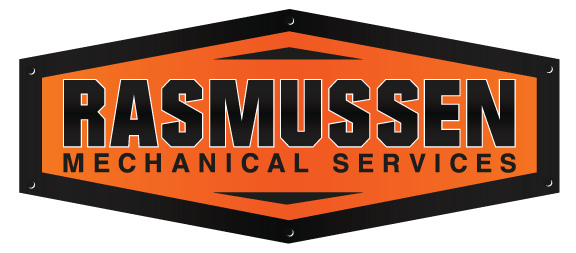Cooling a facility can be expensive, but you can lessen the costs with a few proactive measures.
When it comes to your facility, more than half of your building’s operating costs come from heating, cooling, and lighting. But instead of letting your money go down the drain, implementing climate control improvements for your HVAC can save you big, while cutting back on energy consumption.
Whether your budget is big or small, there are several ways to reduce HVAC energy while being cost-effective.
Retrofitting Your HVAC
All HVAC systems will need to be replaced at some point, no matter how well-maintained your system is. Yet, replacing an entire HVAC system and its equipment can be very expensive and time-consuming.
Saving energy on your #HVAC system doesn’t have to be a hassle. In @RasMech’s latest post, discover the top climate strategies you need to reduce stress on your HVAC. Click To TweetSolution: Consider retrofitting your HVAC equipment.
Retrofitting your HVAC system and its equipment is a cost-effective alternative that can improve your commercial HVAC without having to go through an entire HVAC replacement process. Retrofitting your air conditioners and heating equipment can significantly enhance any facility or building’s comfort with consistent temperatures and humidity. According to the Department of Energy, you can save up to 35% of annual energy costs if you increase HVAC energy efficiency by adding or replacing parts.
Some methods of retrofitting include:
- Replacing the compressor
- Attaching condenser fan controls
- Adding demand-controlled ventilation
- Including air-side economizers that can control outside air coming into the facility
Before replacing an entire HVAC system, retrofitting HVAC equipment can bring substantial short-term benefits until you decide to move to a long-term plan.
[Download Rasmussen’s HVAC Preventative Maintenance Checklist to help your HVAC consume less energy and last longer for the long haul ahead.]
Set Programmable Controls and Thermostats
Improving your HVAC’s energy efficiency used to be quite the battle.
But not anymore.
The comfort of your facility begins with the right thermostat and controls. To increase energy efficiency with your HVAC, setting an automated system within your HVAC will allow you to control your thermostat and its settings at a reasonable and cost-effective temperature. In some cases, if your thermostat is misused or miscalibrated, a simple, quick repair can resolve the situation. In other cases, an affordable solution to controlling your HVAC temperature can be replacing your thermostat completely. Not only are you saving money down the road, but you’re able to implement effective heating and cooling habits, bringing you the most cost and energy-efficient performance to your system.
Insulate Your Facility
There’s a good chance you don’t think about your HVAC system until it comes to your energy costs. Investing in insulation for your commercial HVAC is an excellent procedure to help reduce costs and improve the efficiency of the system as a whole.
Not sure how to save energy while saving money on your facility’s #HVAC system? Don’t fret! @RasMech has the simple climate control strategies you need for a more efficient HVAC system. Click To TweetPoorly insulated facilities can lose a lot of conditioned air throughout the day, causing excess stress on your commercial HVAC. By insulating your facility properly, you can keep more of the heated or cooled air inside the ducts, letting air travel to more areas of the building where you need it, rather than having it escape through leaks. Continue adding insulation to your facility’s walls, windows, pipes, ducts, and outlets. These areas are usually suspect to a surplus of energy loss. By insulating these essential elements, you can reduce the stress of your HVAC and the temperature throughout your work areas.
Regularly Schedule Maintenance Procedures
What’s the best way to ensure your equipment is running efficiently? By scheduling regular maintenance check-ups on your HVAC. Regular maintenance can maximize your HVAC’s efficiency for the long-run. During the seasonal months, be sure to complete well-ordered maintenance check-ups or schedule them with a trusted technician at the start and end of heating and cooling seasons.



